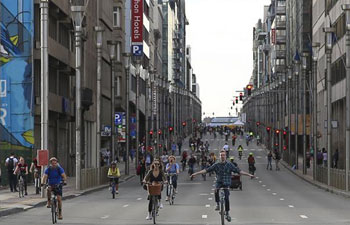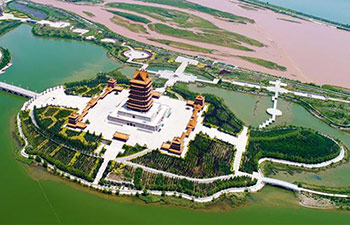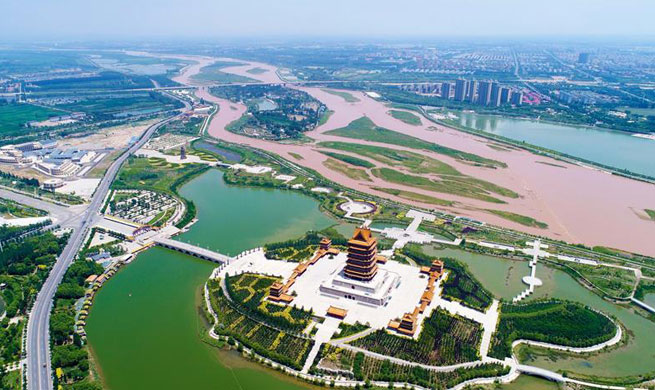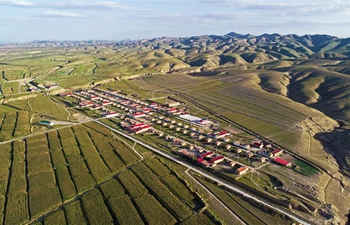GENEVA, Sept. 17 (Xinhua) -- Compared with traditional drivers of competitiveness such as infrastructure and institutions, innovative capacity tends to increasingly underpin the economic development and competitiveness, said an officer of the World Economic Forum (WEF) in a recent interview with Xinhua.
The Annual Meeting of the New Champions of the WEF, also known as Summer Davos, is set to kick off on Sept. 18 in Tianjin, China. The meeting was themed "Shaping Innovative Societies in the Fourth Industrial Revolution".
"We see innovative capacity as increasingly underpinning economic competitiveness, as the old drivers of competitiveness, such as infrastructure, institutions, education or efficient markets, are no longer enough to guarantee prosperity in the future," said David Aikman, Chief Representative Officer of the WEF in China.
However, he emphasized that as innovative societies, "we need to be bold enough to embrace technology, but we also need to be realistic and to plan for ahead for any downsides that could hurt us, for example widespread job displacement as more and more jobs become automated."
"Our job is to make sure that the right rules are in place so that these technologies aren't used for the wrong reasons, yet we are still able to use them when they benefit us, for example driving economic growth and bring creative new solutions for solving problems like climate change," he said.
When asked about the development of innovative capacity in China, Aikman cited the China-proposed Belt and Road Initiative as an example that "has potential to have a significant impact on the United Nation's Sustainable Development Goals," for example by helping expand the roll out of low-carbon technologies along the belt and road.

















